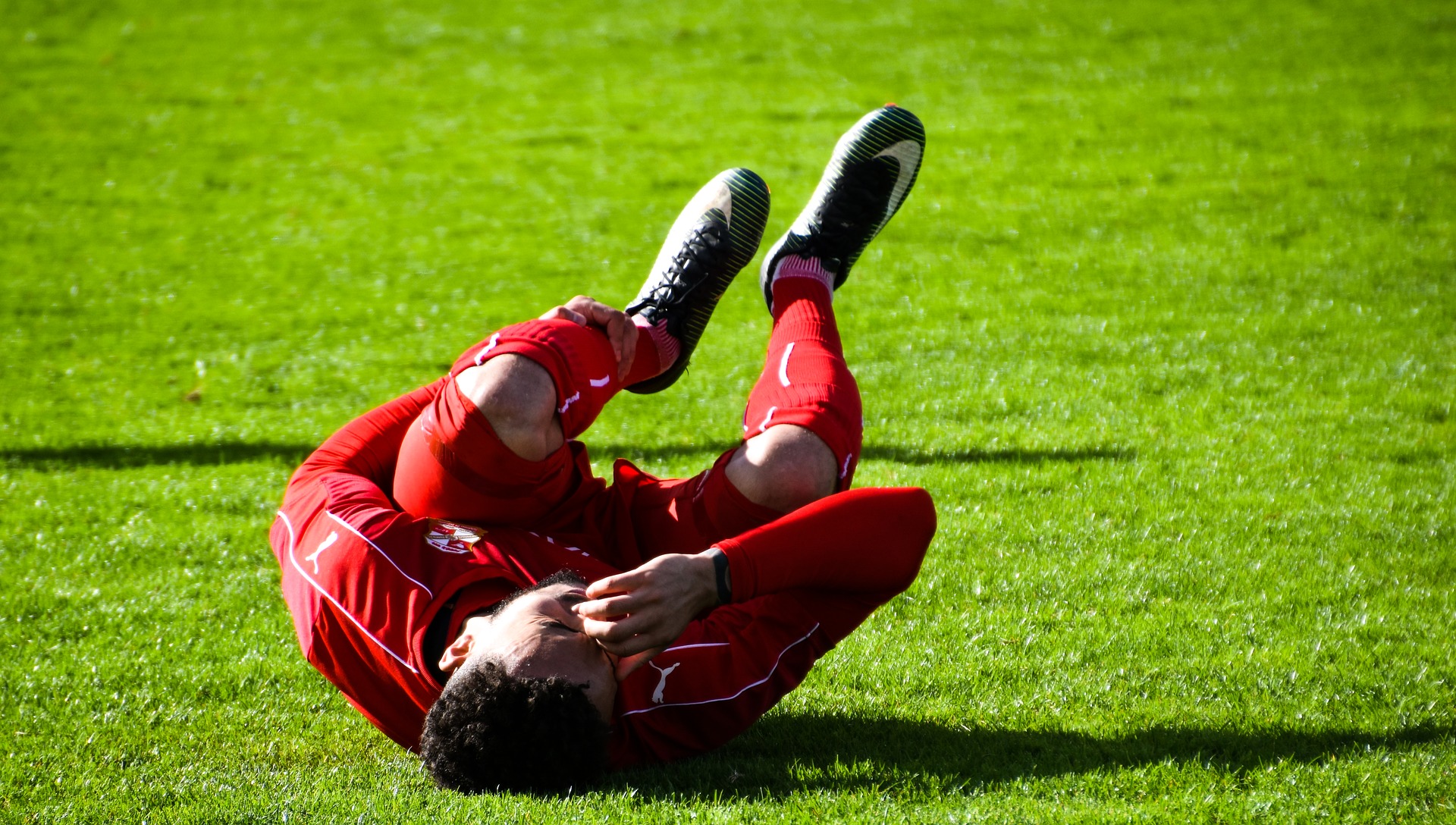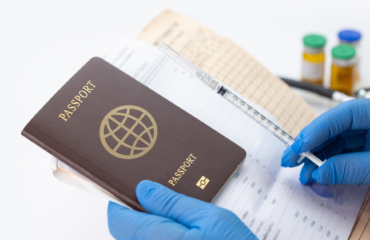Sports-related injuries are one of the most common undiagnosed injuries because people don’t believe a doctor visit is warranted. We are here to tell you that sports injuries can severely impact your physical health if not treated properly. By reading this article, you are obviously taking the time to do research and take advice; great job! Today, we will share with you three types of sports-related injury severities and what you should do.
Sports Injury by Severity
Acute Injuries
Acute injuries often present themselves in the form of bruising, swelling, tightness, spasms, tingling, numbness, light pain, and more. Often it is a little annoyance that hinders your regular routine but is not so severe that it stops you in your tracks. If you find yourself subconsciously rubbing or stretching a specific area or even favoring a body part to relieve another, you likely have an acute injury.
Acute injuries may seem like nothing of note, but they can actually be sprains, hairline fractures, dislocations, herniated disks, pinched nerves, or more. These injuries usually have specific requirements for healing, like rest or physical therapy, that you won’t be aware of until seeing a doctor.
If you have any of the symptoms listed above and they don’t disappear within a week or two, we highly recommend making an appointment with your doctor.
Overuse Injuries
Overuse injuries are common in athletes that utilize repetitive motions, such as a pitcher in baseball or a long-distance runner. These injuries are usually most noticeable near the end of the activity, immediately after you stop the activity, or once your body has cooled down. The symptoms often present themselves as tightness, popping, swelling, weakness, and pain.
If these symptoms do not fade after you have rested, it may indicate that you are suffering from shin splints, tendonitis, stress fractures, nerve entrapment, little league elbow, or another injury. If this is a reoccurring problem, you should visit your doctor to investigate the situation further. A lack of action on your part could result in permanent, painful injuries, so it is better to see your doctor sooner rather than later.
Medical Conditions
Accidents happen in sports; it is part of the risk of participation. However, not taking immediate action after an injury is neglectful and should be avoided at all costs. If you, your teammate, or your player experience any of the following symptoms, you should seek medical attention immediately.
- Strains
- Sprains
- Fractures
- Cramping/Spasms
- Back injury
- Heatstroke
- Dehydration
- Substance abuse
- Cardiac arrest
Additionally, be on the lookout for concussion symptoms, such as:
- Dizziness
- Vomiting
- Blurred vision
- Slurred speech
- Sudden headache
- Neck pain
First Care Medical
If you are experiencing a severe medical injury, call 911 or visit your nearest emergency room immediately. For acute injuries and overuse injuries, we welcome you to make an appointment or drop in to see our sports-injury doctors at your earliest convenience.




